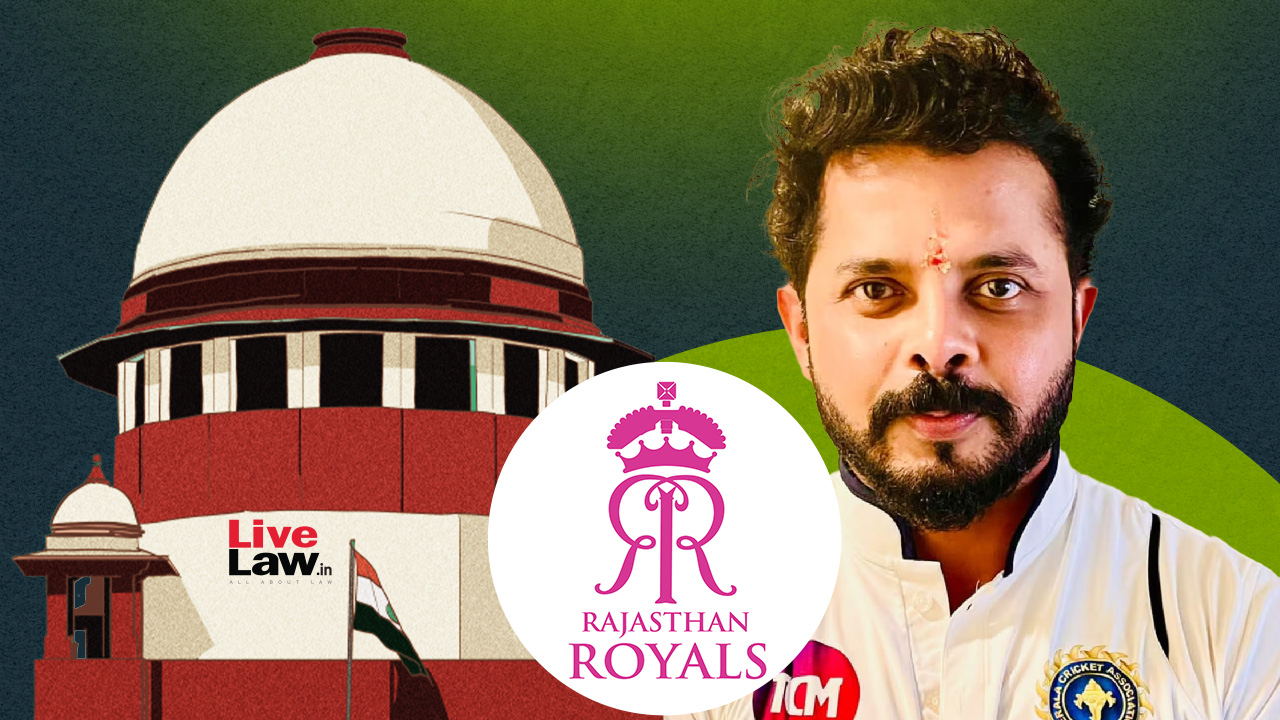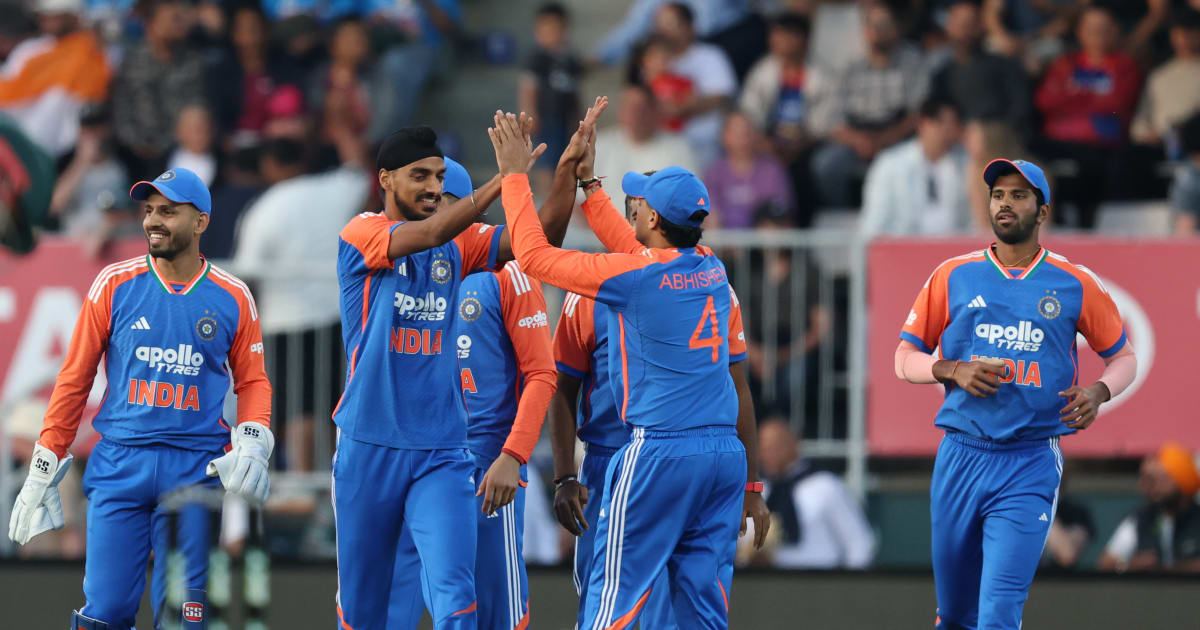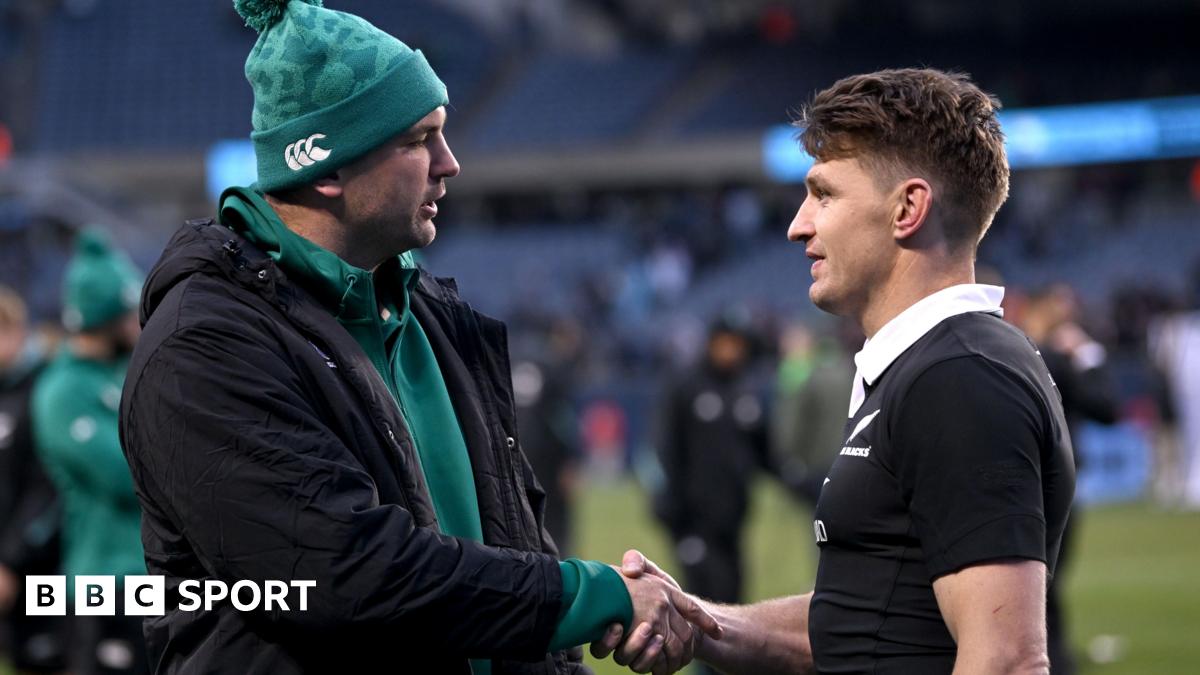Insurer Moves Supreme Court Against NCDRC Order To Pay 'Rajasthan Royals' Rs 82 Lakhs Over Sreesanth's Injury In 2012 IPL

The Insurance Company which insured 'Rajasthan Royals' owner for the IPL Cricket Tournament of 2012 has approached the Supreme Court challenging NCDRC's order which directed it to pay a sum of over Rs.82 lakhs to the franchise owner on account of S. Sreesanth's injury at the time, which rendered him incapable of playing in the tournament.A bench of Justices Vikram Nath and Sandeep Mehta adjourned the matter yesterday to enable the appellant to file additional documents, including the application submitted by the respondent for obtaining insurance, alongwith the necessary documents (such as Sreesanth's fitness certificate).Additional Solicitor General Aishwarya Bhati appeared for the appellant-United Insurance Company and submitted that the impugned order dealt with the issue from the angle Sreesanth's pre-existing toe injury, which had no connection with the knee injury (suffered during the insurance period). However, the appellant was on the non-disclosure of the toe injury, rather than the connection between the two injuries.Senior Advocate Neeraj Kishan Kaul appeared for the respondent (Royal Multisport Pvt Ltd) and argued that a pre-existing toe injury, on account of which the claim was repudiated by the appellant, did not render Sreesanth incapable to play. Rather, it was the knee injury, suffered during the insurance period, which rendered him unfit. The senior counsel further submitted that the purpose of a policy such as the one obtained in the present case is to ensure that a player who incurs injury during the tournament (which renders him unfit to play) is still paid by the BCCI and the concerned team. "The toe injury did not stop him from playing. He was playing! It was during the practice session that he had a knee injury!", he urged.Kaul also submitted that a certificate (regarding fitness) was given to the appellant when Sreesanth joined, and the next certificate was given when he incurred the knee injury. In response, Justice Mehta asked, "whether that certificate has disclosure about the toe injury? That is required by clause (e)". The bench also orally remarked that if the pre-existing toe injury was disclosed, the appellant could have considered not insuring the player or charging a higher premium.To recapitulate facts of the case, for the 2012 IPL season, the respondent had obtained a 'Special Contingency Insurance for Player Loss of Fees Cover' (policy) for a total sum of Rs.8,70,75,000/- from the appellant. In terms thereof, the appellant was liable to pay the respondent for any loss of monies paid/payable to the contracted players due to their non-appearance in the tournament. This was subject to the non-appearance having been due to circumstances mentioned in the policy, including accident/injury sustained during the policy period.The policy was enforced from 28.03.2012. On that day itself, one of the insured players - S Sreesanth - suffered a knee injury in a practice match at Jaipur. After treatment and analysis, he was found unfit to play in the IPL 2012 tournament due to the knee injury. Under the policy, the respondent requested processing of claim for loss of player fees and filed a claim for Rs.82,80,000/- on 17.09.2012. A surveyor was appointed by the appellant, who reported that the injury was on account of a 'sudden unforeseen and unexpected event' and the claim was within the scope of the policy.However, the respondent's claim was repudiated by the appellant on the ground that an existing injury to the insured player (Sreesanth) was not disclosed by it to the insurer."Undeniably, the player was suffering from a career threatening toe injury in both legs and was out of action Mace August 2011. Such injury was known to you, despite which he appears to have been selected...it clearly appears that it was not a fit player who was fortuitously or accidently injured after been contracted by the team & after insurance which resulted in his unavailability for the season, but a preexisting injury/condition from which the player had never fully recovered notwithstanding expectations. The unavailability of the player is not attributable entirely to an insured peril, but greatly due to the excluded cause of pre existing injury", the appellant responded.Aggrieved, the respondent approached the National Consumer Disputes Redressal Commission (NCDRC). Vide the impugned order, the Commission held in favor of the respondent and directed the appellant to pay the insured sum."When the fact of a knee injury is established through evidence such a X-Rays, MRI reports and expert opinion of doctors, the repudiation on the basis of a pre-existing toe injury, that has not been established to have occurred/recurred during the period of insurance cover, makes the repudiation a deficiency in service", the Commission opined.Challenging the Commission's order, the appellant approached the Supreme Court.Case Title: UNITED INDIA INSURANCE CO. LTD. Versus ROYAL MULTISPORT PRIVATE LIMITED, Diary No. 33872-2025













